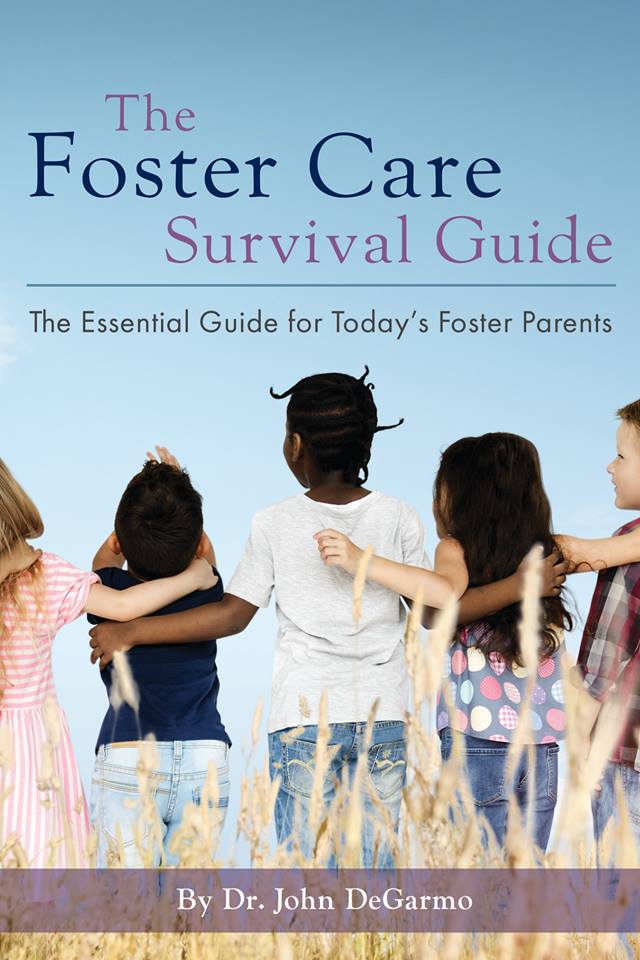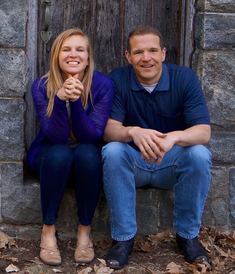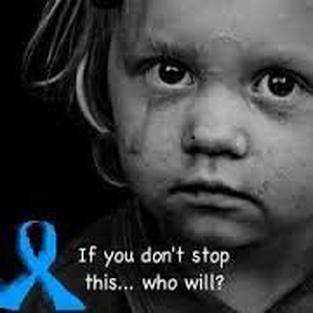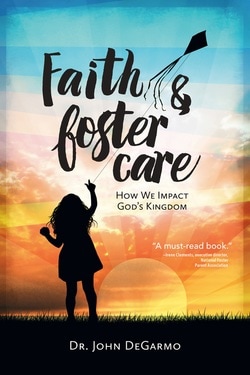
It had been two months since Maddie, our last foster child, had left our home. The 4-year-old girl had been with us for just under one year, and had made a significant impact not only on both my wife and I, but on our own children, as well. She had very much become a part of our family, and there were talks about the possibility of adopting her. Sadly, as it is many times for foster parents, the 4-year-old was moved to another home, where she would be closer to her biological family members. It was an emotionally difficult time for us. Her last words to me stung deep; “Daddy, will you miss me when I am gone? Will you still love me when I leave?”
Two months later, and it still hurt; I still cried.
“Will you still love me when I leave?”
I wanted to find her, to reach out to her, and to tell her, “Yes, Maddie. I will still love you. I will always love you.”
My friend, I have a bit of bad news for you. It really does not get any easier when children move from your home, and leave your family. But guess what? It shouldn’t get any easier. This is how it really should be. If you experience grief and loss when your foster child leaves, this is a reflection of the love that developed between you and your child; a reflection of the love that you gave a child in need. As you know, children in foster care need us to love them; they need us to feel for them. When they leave our homes, we should grieve for them, as it simply means that we have given them what they need the most; our love.
Join the thousands who receive Dr. DeGarmo’s FREE foster care newsletter. Simply fill out the form below.
I have watched over 50 children come to live with me and my family, and then move to other homes. Each time, my wife and I have grown to love these children, caring for them as if they were our very own, and treating them the same as all the others in our home; biological, adoptive, or foster. Each time a child leaves, my wife and I experience a great sense of loss, even when we can be comforted with the knowledge that the children have gone to a good and safe home. There have been times when my wife has sunk into deep grief, crying for days. We have both spent considerable time on our knees, lifting up a former foster child up in prayer. There have also been those times when we felt a small sense of relief when a child left our home. A few years back, we had a sibling group of three children in diapers, all with challenging behaviors and conditions. For those four months, we were run ragged, worn out, and tired. When the children left our home, to be returned to their mother, both my wife and I cried. At the same time, though, we felt that a burden had been lifted off of our shoulders, that we could breathe and relax a little, and focus on our own children some more.
Saying goodbye is never easy for anyone, and may be especially difficult for you and your foster child. After your foster child leaves your home, you may feel like you never wish to foster again, as the pain is too great. The grief you feel may be overwhelming. Please remember this though, my friend; you are not alone. It is normal for foster parents to feel loss and grief each time a child leaves a home. Take time to grieve, and remind yourself that you are not in control of the situation. Thanks for caring for children in need. Thank you for caring for children in foster care.
And please remember this. it is okay to cry as a foster parent.
It means that you gave the child what she needed the most; someone to love her with all your heart.
-Dr. John
For more on grief and loss, and all your foster parent questions, order your signed copy of The Foster Care Survival Guide. Order your special copy HERE.






 RSS Feed
RSS Feed